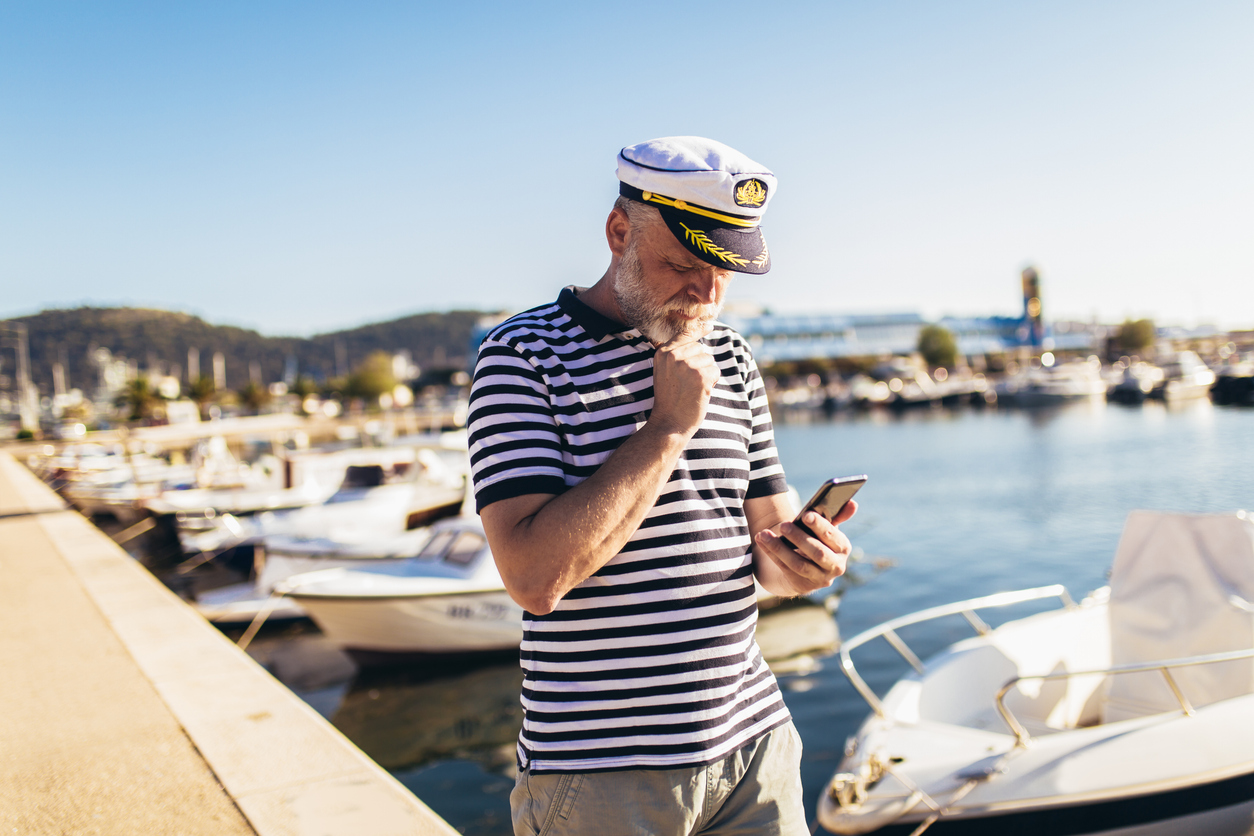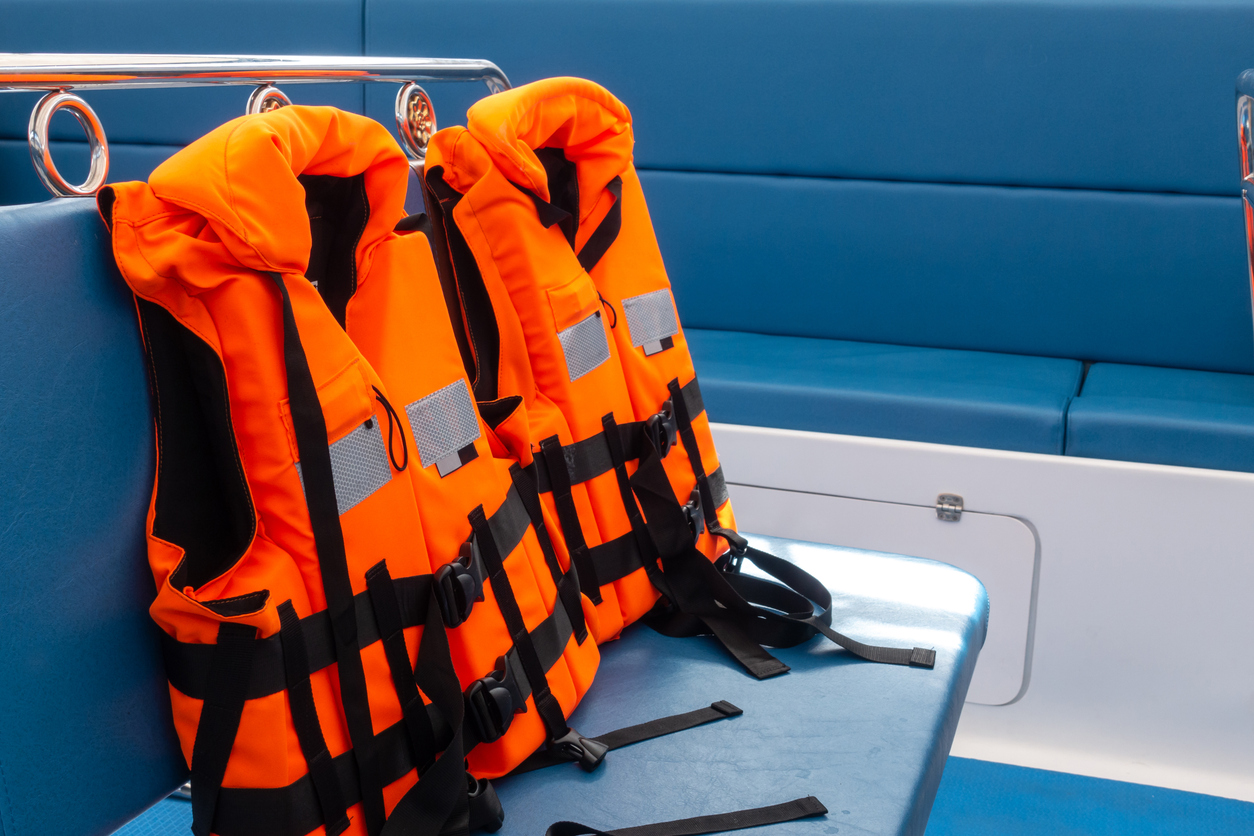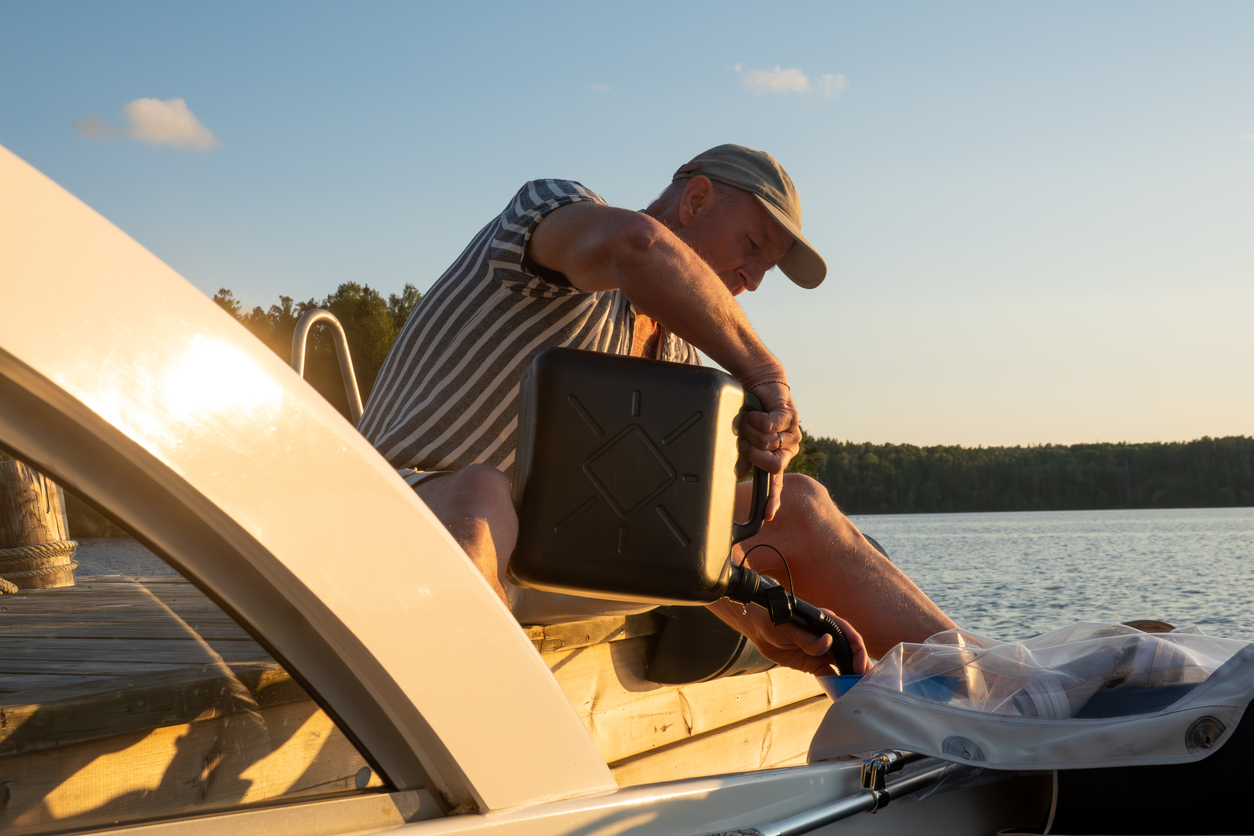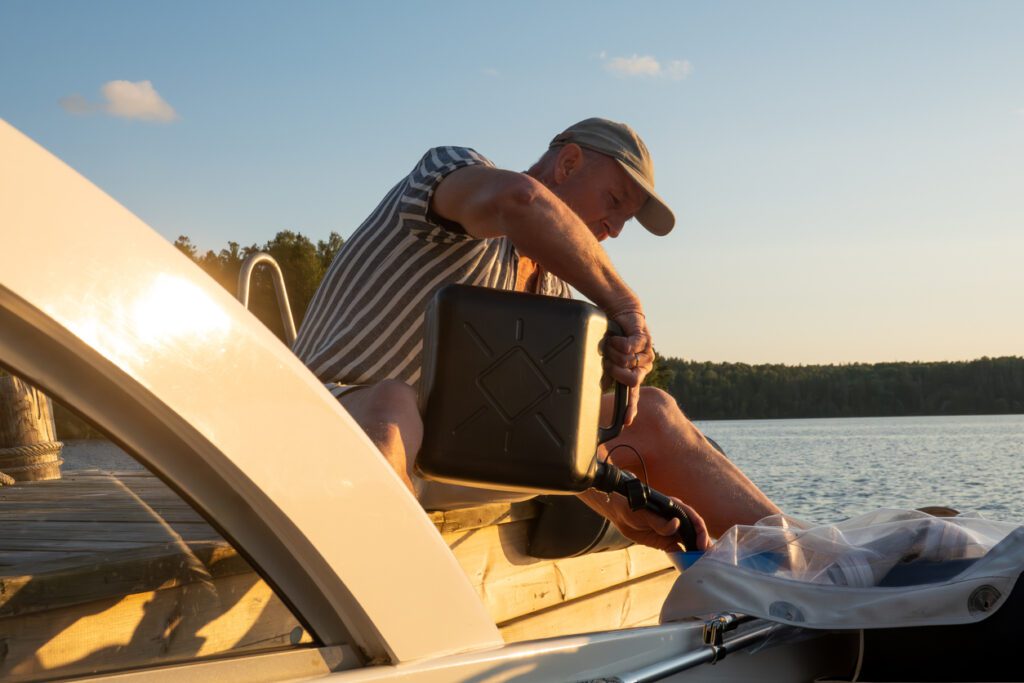With spring right around the corner, you and your family will soon enjoy time on the water in your boat. The fact is that boating is one of summer’s most exhilarating experiences that provides something for everyone whether you’re into watersports, fishing, or simply cruising on the water.
However, whether you’re new to boating or consider yourself an expert, there are simple mistakes you can make that can cause big problems out on the water that could potentially put you in danger. To help keep you and your family safe, keep reading as we look at the top boating mistakes people make that you should avoid this spring.
Forgetting to Check The Marine Weather Forecast
One of the most dangerous boating mistakes a boater can make is failing to check the marine weather forecast before taking their boat out on the water. Always check the weather forecast before heading out on your boat, or you could encounter hazardous conditions like high winds, rough seas, and even life-threatening storms. Of course, don’t make the mistake of just checking the land-based weather app on your phone.
You specifically need to check a specific marine forecast app, as this will give you detailed information about sea conditions. Even when you’re out on the water, you should keep an eye on the forecast, as you may need to head in early if the weather takes a turn for the worst.

Not Investing in Quality Safety Gear
A day on the water can be great for the whole family, but without proper safety precautions, it can quickly become dangerous. This includes purchasing U.S. Coast Guard-approved life jackets for everyone in the family. Even if everyone on board is a good swimmer, wearing a life jacket is essential to keep everyone safe if the weather changes or the boat malfunctions.
Make sure everyone has a properly sized life jacket, and replace them as soon as they start to look worn out. The fact is that wearing a life jacket is essential, as 85% of people who drown in boating incidents were not wearing life jackets, so taking this simple step can go a long way in keeping your family safe.

Overloading Your Boat
One of the most important fundamentals of boat ownership is knowing your boat’s capacity and ensuring you stay well under the weight limit. Overloading your boat, either because of a miscalculation or because you don’t know your boat’s limits, can be downright dangerous for you and your passengers. It’s crucial to know your boat’s capacity and avoid overloading it with too many passengers or excessive cargo.
Running Aground
Running aground occurs when there isn’t enough water to keep your boat afloat, causing it to scrape against sand and rocks on the sea floor. This situation puts you at risk and harms your vessel, potentially leaving you stranded and facing a costly tow. Unfortunately, running aground is much more common than you might think, as boaters operating in a new area may be unfamiliar with the terrain, water depth, and any underwater hazards.
Until you’re familiar with the area, it is then essential that you stick to marked channels and don’t take any unmarked passages or shortcuts. Additionally, you can avoid running aground by investing in a depth finder for your boat and slowing down in unfamiliar areas.
Running Out of Gas
Another common boating mistake is running out of gas while out on the water. To avoid getting stranded, remember that sea conditions and load significantly affect your boat’s fuel consumption and range. Always monitor your fuel gauge closely. Additionally, you should never let your gas get very low, as fuel gauge readings aren’t always reliable. This is because readings can change as fuel sloshes around in the tank while out on the water.
A good way to avoid running out of gas would be to follow the rule of thirds. This means planning to use one-third of your tank going out, one-third getting back, and keeping one-third in reserve in case of an emergency or inaccurate sensor readings.

Not Knowing Boating Laws
If you’re a novice boater, you must familiarize yourself with local and state boating laws and regulations before you go out on the water. Not only is knowing these laws essential in ensuring your safety, but failing to follow these rules can also result in you facing fines or other penalties. If you’re new to boating, consider taking a boater safety education course. Not only will this help you familiarize yourself with local boating laws, but it can also greatly increase your safety, as the majority of boating accidents involve vessels where the operator did not receive boater safety education.
Failing to Maintain Your Boat
Properly maintaining your boat is essential not only to ensure your boat operates at peak performance but also to ensure your safety out on the water. Neglecting maintenance is one of the most common boating mistakes that can lead to costly repairs and dangerous situations. Regular boat maintenance is then essential to ensure you have a safe, enjoyable boating trip. Yet, it is easy to lose track of your boat’s maintenance needs, so creating a schedule can help you keep it in top condition.
Of course, for many boaters, performing maintenance on their boat is a hassle they don’t want to deal with, as it can be time-consuming and tedious. The good news is that you don’t have to perform your boat maintenance yourself.
By choosing to store your boat at one of Trident Marine Group’s best-in-class marinas, you gain access to our concierge services, which include preventative maintenance performed on-site by our experienced team of boat experts. We will take excellent care of your boat, easing your burden and giving you peace of mind knowing our team is maintaining it meticulously.
Contact us today to learn more about the benefits of choosing one of our marinas, including how our concierge services can help you enjoy your time out on the water.

